The Future of Work: Generational Perspectives
The Meaning of Work Has Changed
We are beginning to dive into what the future of work will mean for employers, leaders, employees and our communities.
During our brainstorming, an interesting topic surfaced: Millennials and Gen Z view work in a completely different way than us Gen Xers, and certainly Boomers! As we talk about the future of work, the philosophical view of work is something that needs to be considered.
I entered the workforce in 1996, just thinking about being in the workforce for 25 years makes me feel so old! I remember my managers, all Baby Boomers, had a view of “do whatever the boss needs.” That didn’t cut it for me. I wanted to work hard and be challenged and was willing to give my all to the job, but I wanted to be able to see how the work would help me grow and advance.
About 15 years ago I started to hear that Millennials viewed work differently. I’ve always felt like the Millennials got a bad rap – people were saying Millennials “didn’t want to work”. I didn’t agree – I saw young workers who had a strong interest in working, but craved authority and had a strong desire to live with a purpose. Their desire for authority resulted in employers thinking more about engagement, defining roles and responsibilities more clearly, and increasing focus on employee development. In my opinion, Millennials forced some pretty positive changes in corporate culture.
My team reminded me last week that some of the older Millennials are in their upper 30s and in many cases are leading teams and organizations. Not only has their view of work caused companies to change, they have provided a path for Gen Z workers to influence the way companies operate. Many companies were beginning to experience pain points from these differences of philosophy when the Pandemic changed everything in March of 2020.
"To attract much needed workers, companies are making unprecedented changes like offering cash bonuses to job candidates, work-remote opportunities and incredibly flexible work schedules."
So what does all of this mean?
In my opinion, the size of the shift we will see in the Future of Work, and how soon we will see those shifts is based on unemployment and the Labor Shortage. To attract much needed workers, companies are making unprecedented changes like offering cash bonuses to job candidates, work-remote opportunities and incredibly flexible work schedules.
All of the research suggests we are not going to experience any changes in the job market for the foreseeable future; however, economic forecasts vary dramatically. Even if the economy cools and workers become more available, we should all expect the Future of Work to be much different than the way it was in 2019.



